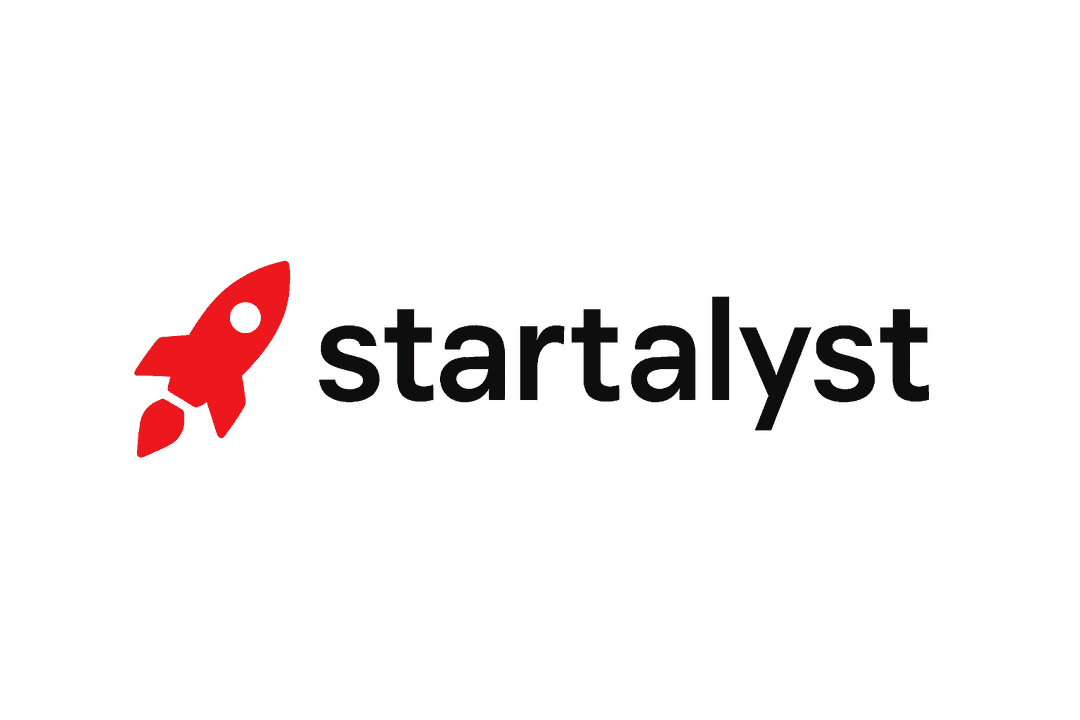Business Ideas In Healthcare Industry Starter Guide
How to Get the Best Results
Start by matching a concrete clinical or operational strength with one specific problem faced by patients, providers, or payers in the business ideas in healthcare industry. Narrowing to a single pain point makes early testing fast and inexpensive.
Run quick experiments in real settings: a short pilot with a local clinic or a paid user test with five patients produces more actionable feedback than months of isolated planning. Use those results to refine your value proposition and pricing before scaling.
Step 1 — Who are you?
Pick the background that most closely matches your experience; the right starting point determines which healthcare opportunities you can launch fastest.
- Registered nurse — clinical assessment — You can create a remote triage or care-coordination service that reduces unnecessary ER visits.
- Primary care physician — diagnostic reasoning — You can build a focused telemedicine clinic for chronic disease follow up with higher retention.
- Pharmacist — medication management — You can offer adherence programs or polypharmacy reviews that lower readmission rates.
- Healthcare administrator — operations planning — You can design workflow consulting for clinics to improve throughput and billing accuracy.
- Physical therapist — rehabilitation design — You can deliver home-based rehab programs that expand access and reduce physiotherapy waitlists.
- Data analyst — data analytics — You can extract actionable insights from EHR data to power decision support for smaller practices.
- Medical student — medical research — You can run patient-centered pilots and publish outcomes to attract clinical partners and investors.
Step 2 — Add interests & skills
Layer interests and technical skills on top of your background to find niche business ideas in healthcare industry that fit your strengths and the market.
- Telemedicine enables you to deliver specialty follow ups to rural patients with low setup cost.
- Medical devices permit you to prototype monitoring tools that can be leased to home health agencies.
- Regulatory compliance lets you package HIPAA-ready templates and audits for small clinics that lack in-house counsel.
- Patient experience equips you to design digital intake and navigation services that increase retention and referrals.
- AI in healthcare can power diagnostic triage or image prereads that reduce clinician time per case.
- Chronic disease management motivates you to build coaching programs with measurable outcome dashboards for payers.
- Home care inspires you to coordinate caregivers and remote monitoring into subscription services for aging populations.
- Health education allows you to create targeted courses for disease prevention that employers will buy.
- Billing and coding enables you to offer revenue-cycle audits and training that boost small practice collections.
- Clinical trials helps you recruit and screen eligible participants for decentralized studies.
- Mental health services encourages you to start focused therapy networks with asynchronous tools for follow up.
- Wearables allows you to integrate sensor data into coaching programs for cardiac or metabolic conditions.
Step 3 — Set available capital
Decide how much you can invest up front; most business ideas in healthcare industry can start small if you focus on services, partnerships, and reimbursement pathways.
- ≤$200 — You can validate ideas by running concierge advisory sessions, building landing pages, and conducting paid phone interviews with clinicians and patients.
- $200–$1000 — You can pilot simple telehealth offerings, buy basic compliance templates, and pay for initial user acquisition to test product market fit.
- $1000+ — You can develop a minimal MVP, secure vendor integrations for EHR or payments, and run a short clinical pilot with outcome tracking.
Step 4 — Choose weekly hours
Be realistic about weekly time commitment; different business ideas in healthcare industry require different cadences for outreach, compliance, and service delivery.
- 5–10 hours — Focus on consulting, content courses, or advisory services that you can schedule in blocks outside clinical shifts.
- 10–20 hours — Run a part time telehealth clinic or a managed patient coaching program that requires regular client touchpoints.
- 20+ hours — Build and operate an integrated service with staff, technology integrations, and active partner management.
Interpreting your results
- Match one background, two complementary skills, and a realistic capital band to generate three practical concepts you can test. Prioritize ideas that are reimburseable or address a measurable cost driver such as readmissions, appointment no shows, or medication errors.
- Start with the simplest test that proves value: one clinic using your workflow, ten patients on a pilot plan, or a single payer agreement for a defined outcome. Use objective metrics like reductions in ER visits, adherence rates, or additional revenue per visit to make decisions.
- Pay attention to regulatory and privacy requirements early; even a small remote service must be HIPAA compliant if it handles protected health information. Factor compliance into timelines and pricing rather than treating it as an afterthought.
- Use partnerships to scale faster: embed with existing home health agencies, partner with specialist groups, or license technology to practices rather than competing for each patient. Those routes lower acquisition cost and shorten the path to revenue.
- Iterate pricing and delivery in three-week cycles and document outcomes. If a pilot shows clinical and economic benefit, double down on automation and hire a part time operations lead to move from founder-delivered services to a repeatable product.
Return to the generator above to recombine backgrounds, skills, capital, and hours until you find a business idea in healthcare industry that fits your schedule and market opportunity.
